Oregon’s GMO labeling initiative narrowly defeated by record chemical and junk food company spending
Monsanto, Dow, DuPont and others spend $20 million to deny consumers right to knowWASHINGTON, D.C. – In the most expensive ballot measure campaign and closest election in Oregon’s history, massive spending by large chemical and food companies produced a razor-thin defeat in the latest battle to label genetically engineered foods. Measure 92 lost by only 812 votes, which triggered a statewide recount. More than 4,000 votes remained uncounted due to non-fraudulent discrepancies in voter signatures, despite an emergency lawsuit filed by the Yes on 92 campaigns. The judge in this case agreed that leaving the ballots uncounted would cause irreparable harm to those voters and to the Measure 92 campaign, but ultimately ruled that Oregon law did not allow him to issue the order to stop the count.
Led by DuPont, Monsanto and Dow Chemical, corporations spent $20 million dollars to mislead people about the impacts of Measure 92. Opposition spending reached more than $16 million to defeat a similar measure in Colorado. In total, corporations have poured more than $100 million to defeat recent GMO labeling initiatives in California, Washington, Oregon and Colorado since 2012.
“What are Monsanto, DuPont, Dow, Coca-Cola, PepsiCo. and other chemical and junk food companies afraid of? Why are they spending millions to keep people in the dark about what we are eating?” said Erich Pica, president, Friends of the Earth Action. “Their misleading ads confused voters enough to narrowly defeat these common sense initiatives in Oregon and Colorado. The majority of consumers want GMO labeling so future attempts to buy elections and deny the public our right to know what we are eating will fail.”
Friends of the Earth Action conducted door-to-door outreach to nearly 68,000 voters in Oregon to educate voters about Measure 92.
According to a 2013 New York Times poll, 93 percent of Americans support GMO labeling. This support produced 1.3 million comments to FDA for mandatory GMO labeling and has spurred that introduction of 67 bills for GMO labeling in 25 states in the last year. Connecticut, Maine and Vermont passed GMO labeling laws with various implementation guidelines. In addition, 64 countries, including the entire Europe Union, Japan, Russia and China require labels for genetically engineered food.
This loss comes on the heels of EPA’s approval of Dow Chemical’s new toxic pesticide containing 2,4-D, a component of Vietnam-era herbicide Agent Orange, and the USDA’s decision to allow the planting of Dow’s GMO corn and soy engineered to withstand massive amounts of this pesticide.
“Chemical companies are digging deep into their pockets to fight these labeling laws for one reason–to protect their pesticide and GMO seed profits,” said Lisa Archer, food and technology program director at Friends of the Earth. “But despite their efforts to buy elections and deceive consumers, the movement for our right to know what we are feeding our families and for a sustainable, just, resilient and healthy food future will only continue to grow.”
###
Expert Contact: Lisa Archer, larcher@foe.org
Communications Contact: EA Dyson, (202) 222-0730, edyson@foe.org
